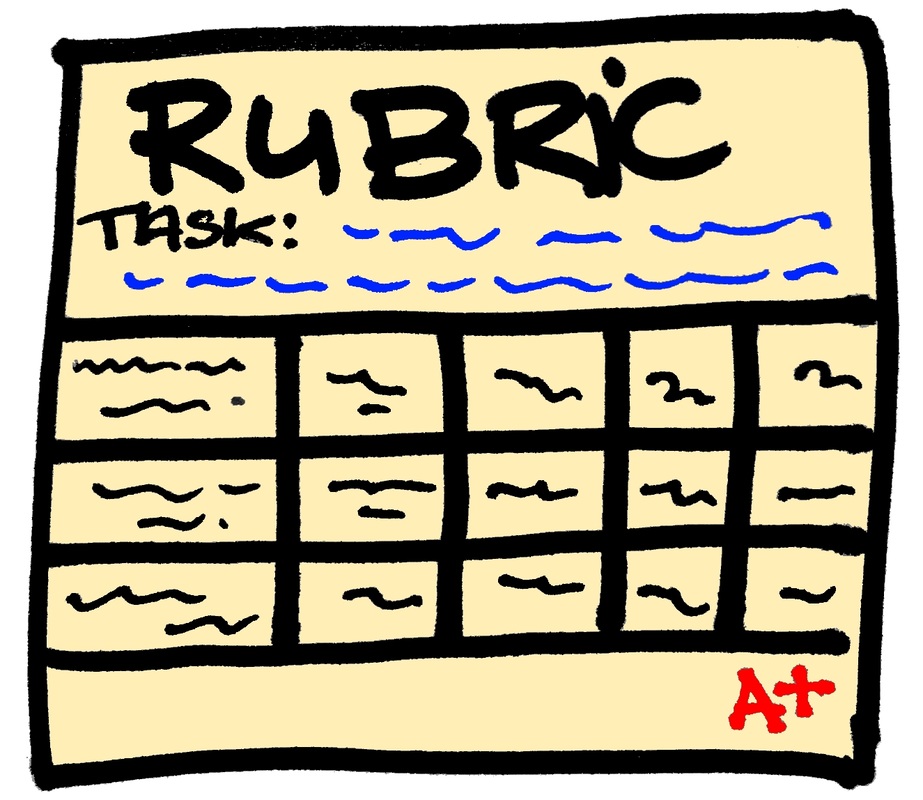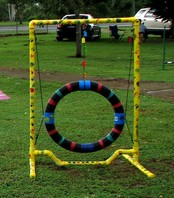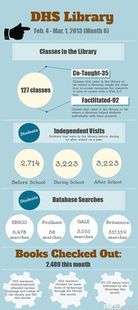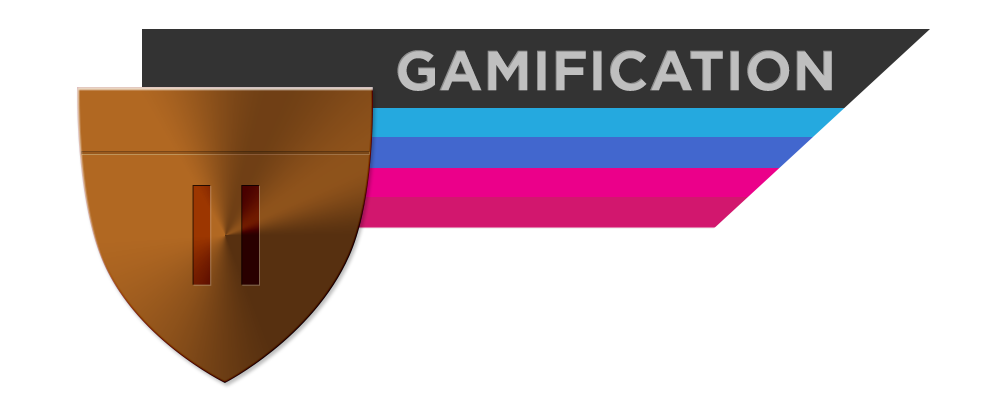|
Stressed about your LMS evaluation? We all agree that evaluations can be uncomfortable. When we take a position as a media specialist, we do not walk into the door thinking about how we will be evaluated and what effect those evaluations will have on our programs, our funding, defining the value of our programs and well, maintaining our employment. With some research, active participation, and planning, you can develop a method to improve the evaluation process and demonstrate the value of your program. So, it is the beginning of the year. Evaluation planning begins now.
First, become familiar with your specific job description and evaluation rubric, which may require some digging on your school district's website, a phone call or two, and asking your administrator to provide this information. It is not that this information is not available, it is just usually not stored in a readily retrievable manner. Don't be afraid to ask. Next, don't just put your employee handbook on the shelf in your office. Read it, cover to cover. Highlight those passages that apply directly to your job role. These passages may have bearing on your conversations about your evaluation later. Lastly, ask who will be evaluating you, when you will be evaluated, how and when, and if the evaluation rubric for your job role is the only instrument used in your evaluation. Make note of the evaluation timeline on your calendar, put it into any electronic calendars that you use and set reminders of deadlines. If you could not find a copy, now is the time to ask for a copy of the evaluation rubric.
First, deconstruct your rubric. Take the performance criteria and put them into your own words. Get specific and be very brief. These are your notes for how you will plan what you say and do. Excavate for hidden expectations. Frequently, rubrics carry the hidden agendas of local entities. Be aware of them. Write your notes in terms of responsibility statements. EXAMPLE FROM THE EVALUATION RUBRIC OF HILLSBOROUGH COUNTY SCHOOLS FOR LIBRARY MEDIA SPECIALISTS "The library media specialist includes administration and faculty when annually creating and reviewing media goals. The library media specialist routinely adjusts goals as needed based on student needs and multiple sources of available school-wide data. The library media specialist identifies what data sources were used and outlines the role of the media program in response to that data. Goals go beyond circulation data to thoroughly support programs and connect to school-wide goals, classroom initiatives, and themes." Translation to responsibility statements: 1. The administration will have approval over my goals. I may need to include a faculty committee in creating goals for the media program. 2. I will be instructed by administration to change my goals based on school-wide data. 3. I am responsible for identifying, collecting, and managing data from my program in response to goals. 4. My data cannot just be from circulation, it must be based on programs, school-wide goals and themes. Notice that several tasks are identified in only one performance criteria.
Examples: Performance Goal: I will make five points of collaboration with classroom teachers per nine weeks. Development Goal: I will improve relationship with my coworkers to make better collaborations, understand their goals and needs, and to assist in meeting their goals. Both goals are measureable, but with different tools. The performance goal may be measured with a collaboration log. The development goal may be measured with collaborator surveys and/or a personal reflection journal.
5. Develop a system of collecting data and evidence that is time effecient and ongoing.Much can be said about data and evidence collecting for evaluation documentation. Some use binders while others prefer electronic portfolios. Whatever system you choose to collect information, make sure you maintain it. Don't wait until the day before you have a meeting with your administrator to put this information together. A personal narrative takes time to construct and you will only be disappointed in yourself by procrastinating. Since this point is such an important element of the evaluation process, a future post will be dedicated to Data Collation and Evidence Collection Systems.
The report given to administrators is also a great place to report how you are making course corrections on your original goals. Keep it simple and to the point, but explain why.
Survey Monkey will also collate your results and allow you to create some snazzy charts and graphics, which you can use in an infographic. (See how we are tying all of this together?) 8. Wrapping up your year for your final evaluation meeting.Armed with your quarterly reports, your data and evidence binder or portfolio, and your annual user survey results, you are now ready to complete an annual summary of your program, your skills and development. You are almost ready for your final evaluation.
Last step, take your evaluation rubric and a moment to self-evaluate. Use your collected information to prove how you are self-evaluating, don't just choose levels in the rubric based on your personal feelings. Make some notes as to how you score against the performance criteria so that when you meet with your administrator for your final evaluation, you have the information at your fingertips to prove your value. Good luck! But you really don't need it, because you have a game plan for success!
0 Comments
Leave a Reply. |
Vandy
|
Copyright 2021 Vandy Pacetti-Donelson









 RSS Feed
RSS Feed